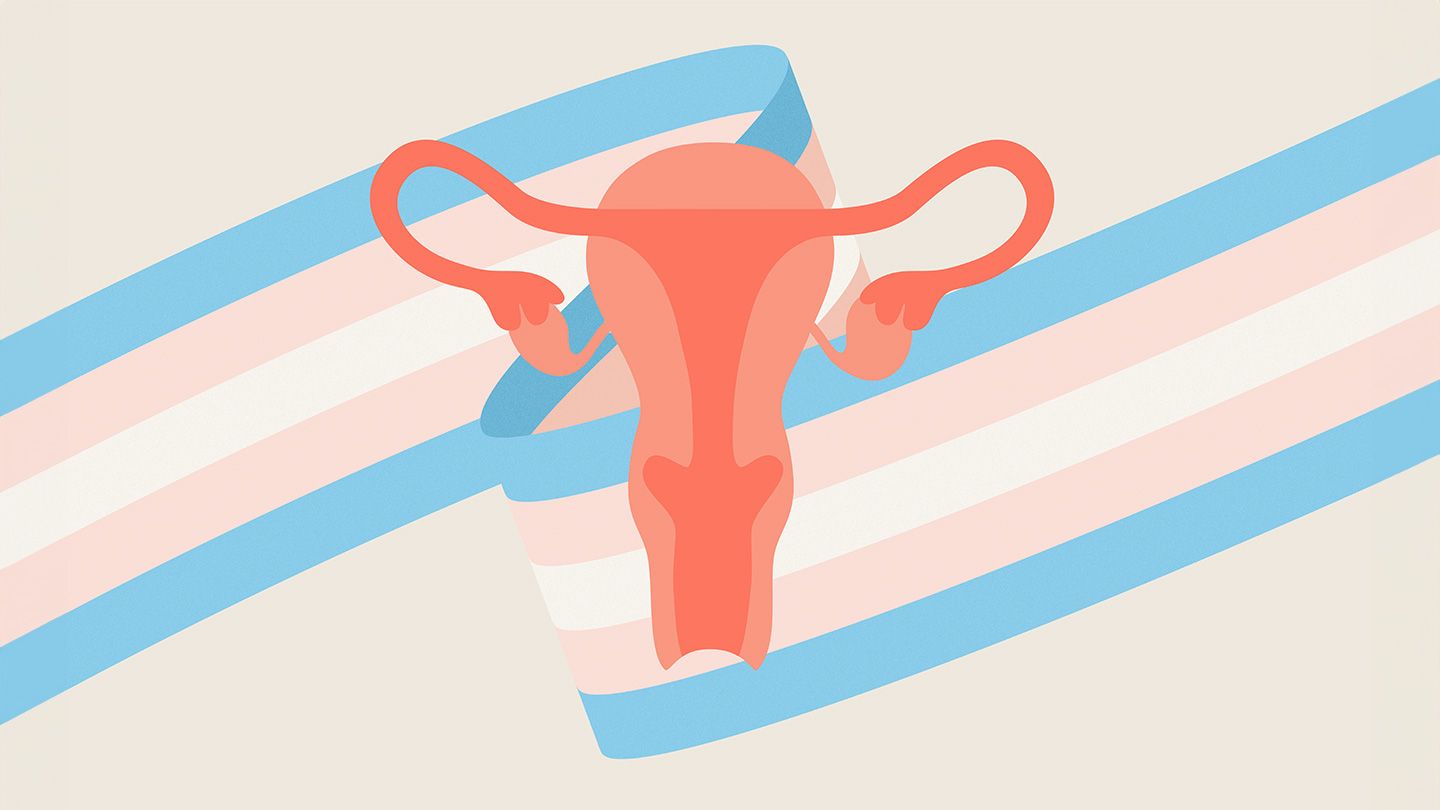The most common signs of ovarian cancer may not seem like a big deal. According to the ACS, they include:
- Bloating
- Pelvic or abdominal pain
- Issues with urinating, including feeling like you need to pee often or urgently
- Feeling full more quickly than normal or discomfort when eating
You might experience these symptoms for any number of noncancerous reasons, but any notable change is worth bringing up with your doctor, especially if these symptoms occur more than 12 times in a month, according to the ACS.
Pay attention to any abnormal bleeding, too. “That can be confusing for someone who’s on hormone supplementation. Bleeding patterns might be abnormal because of the hormones, but they need to be discussed because that can be a sign of cancer,” says Kara Long Roche, MD, a gynecological surgeon at MSKCC.
If any of your symptoms last for two weeks and don’t go away and aren’t easily explained by something else, talk to your doctor, Dr. Long Roche says.
Ovarian cancer symptoms are often related to a growing mass or tumor, says Louise Perkins King, MD, a gynecologic surgeon and a member of the Center for Transgender Health at Brigham and Women’s Hospital in Boston. “By the time you have those symptoms, the cancer’s gotten really big.”
There is currently no effective ovarian cancer screening method, which means tumors are often discovered later when they are larger and therefore harder to treat, Dr. King explains.
That means it’s also important to continue advocating for yourself if a doctor doesn’t take your symptoms seriously, Long Roche says. “Our patients so often are told that they have irritable bowel syndrome, overactive bladder, or UTIs.”
Read the full article here




